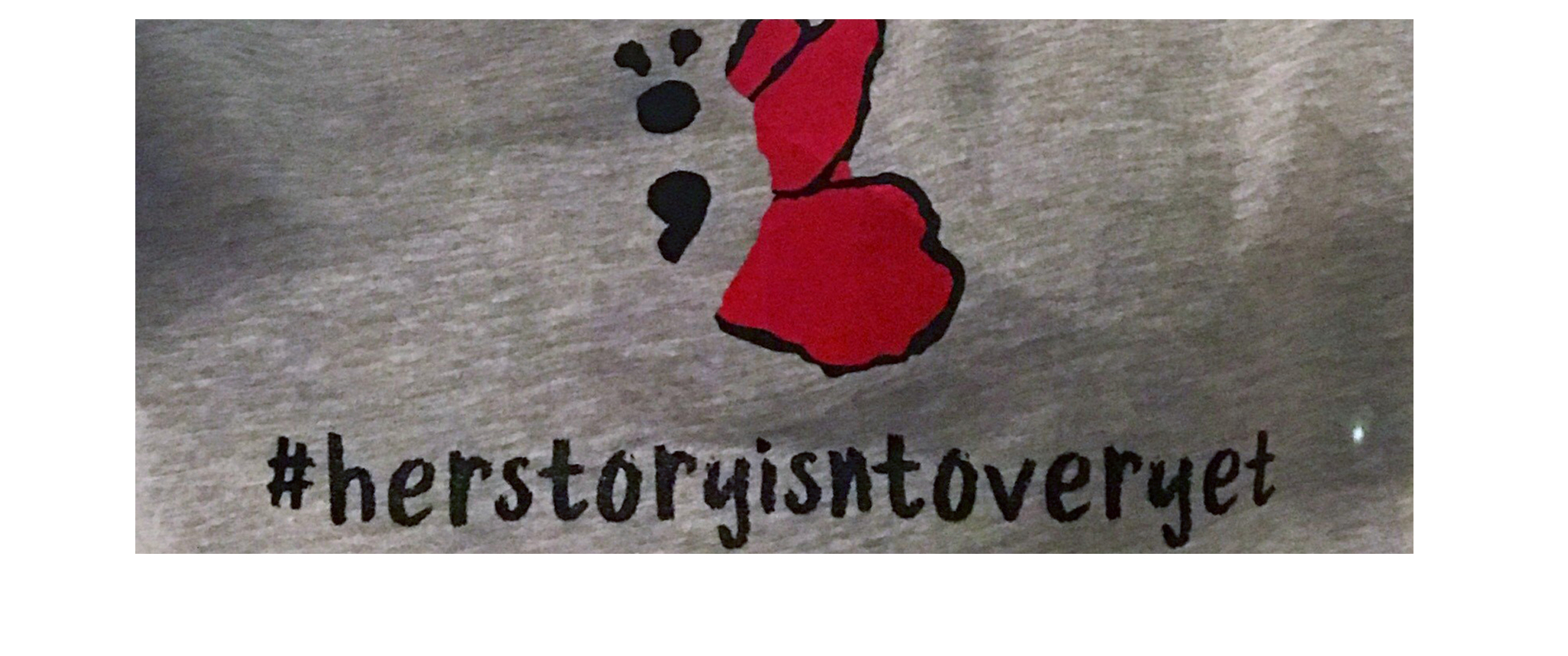

Deaths of celebrities like Kate Spade and Anthony Bourdain have thrust suicide into the national headlines. So, too, have statistics like a published report from the Centers for Disease Control which confirmed that suicide rates increased more than 30 percent in half of states between 1999 and 2016.
Such is the case in Minnesota, where suicide rates jumped 40 percent in 18 years.
Minnesota's suicide rate has increased 40 percent since 1999.
Hennepin County strives to combat this trend locally, building on a variety of efforts. For instance, the county offers Cope, a 24/7/365 emergency mental health service for adults 18 and older. Cope can be accessed at 612-596-1223 and is mobile, meaning that the team can respond to crises in person. There’s also Child Crisis (612-348-2233), an emergency mental health service for people 17 and younger.
Starting last year, Hennepin County also began collaborating with the Minnesota Department of Health on a five-year Zero Suicide grant. The grant is focused on reducing youth suicides, the second leading cause of death for young people ages 10 to 24.
Suicide is a complex problem that affects people of all ages, races, and income levels.
This article features Toni Plante, a local woman who lost her daughter to suicide. It’s followed by a list of suicide prevention resources.
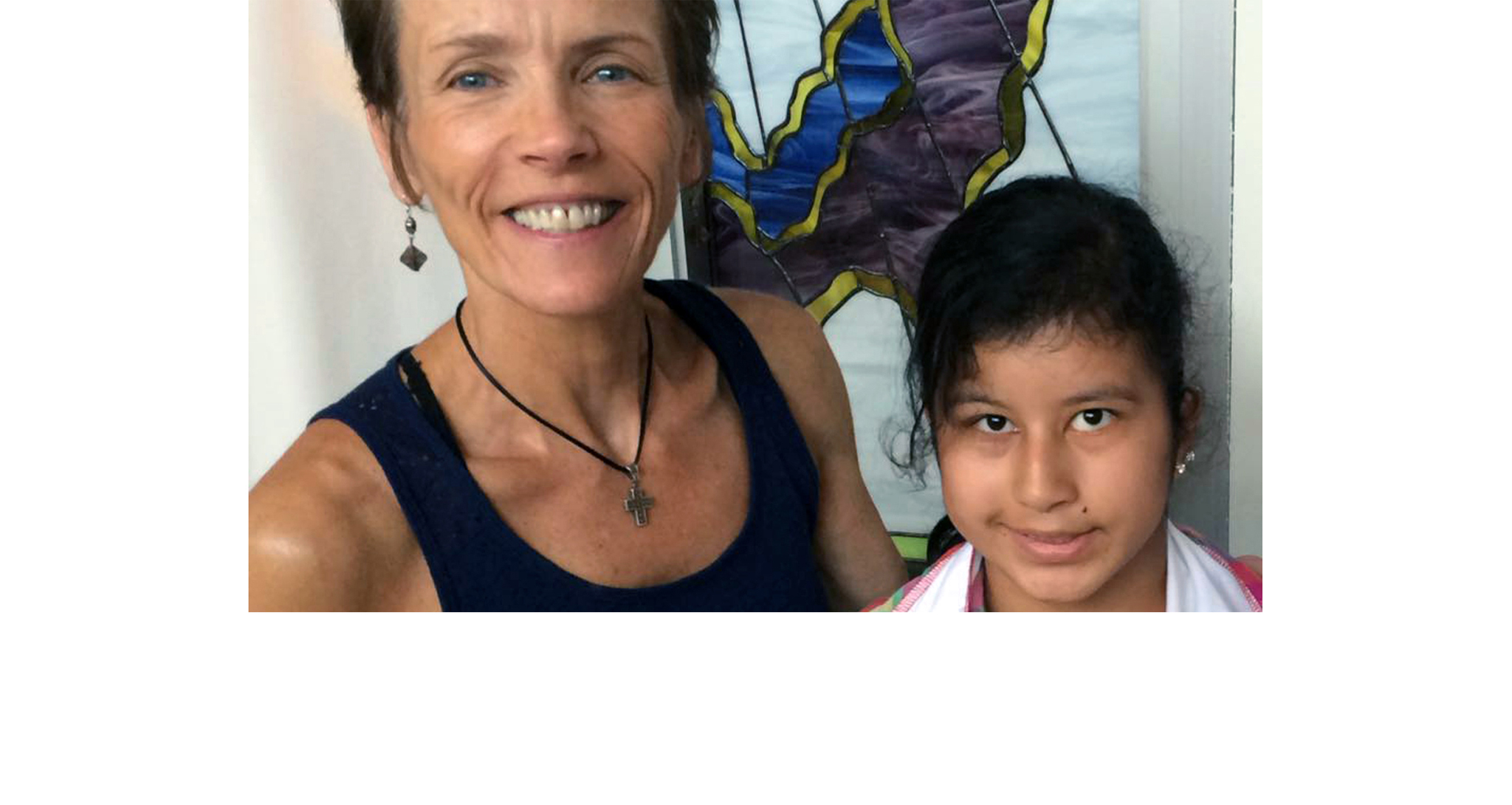
The pain of suicide radiates outward, devastating families, friends, and communities.
Toni Plante of Minnetonka, Minnesota, knows this pain well. On January 30, 2016, Toni’s 15-year-old daughter, Ana, took her own life.
Three years later, the pain is still fresh. Recently, at a St. Louis Park cafe, Toni shows me pictures of her raven-haired daughter. Ana in a mud-splattered soccer jersey. Ana in a pool. Ana blowing out candles on a birthday cake. Ana posing with yellow smiley faces, her favorite symbol. Ana posing in red, her favorite color.
“Look at how cute. I can’t stand it,” Toni says. “It makes me crazy to think about it.”
Later, Toni reveals the thing that comes up for her in support group again and again: the fact that she couldn’t save her daughter. “I was her mom and I should have been able to take care of her,” she says.
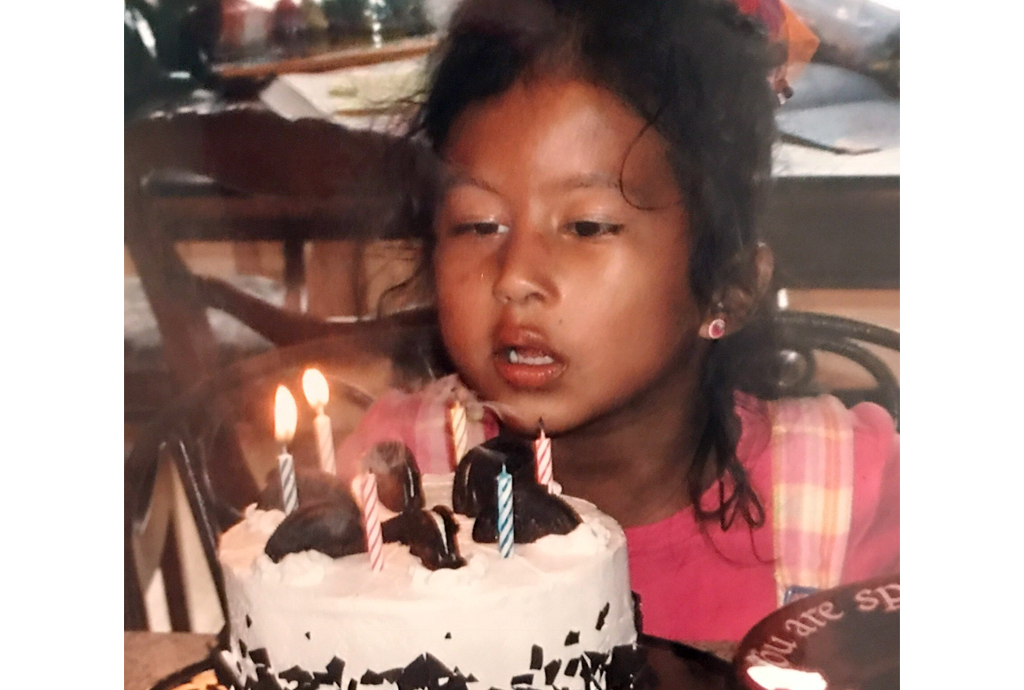
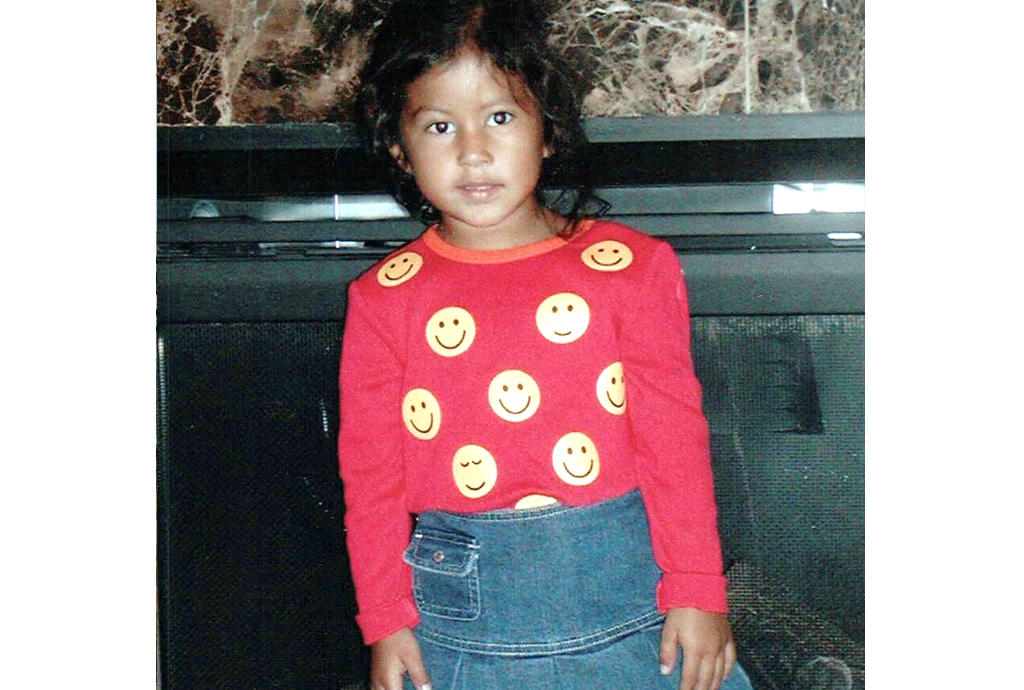
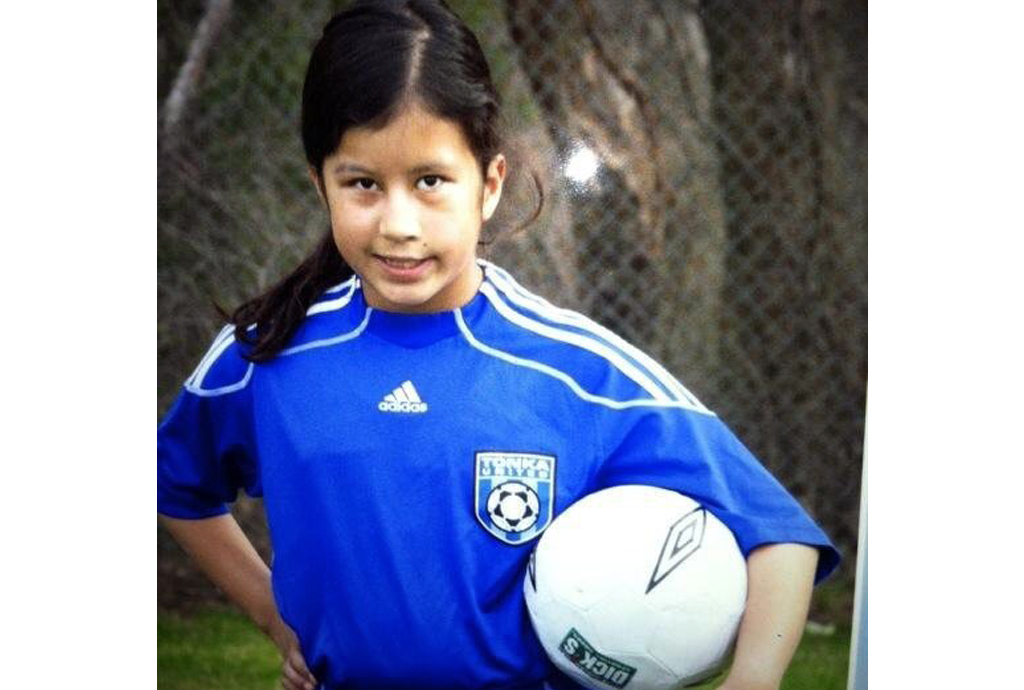
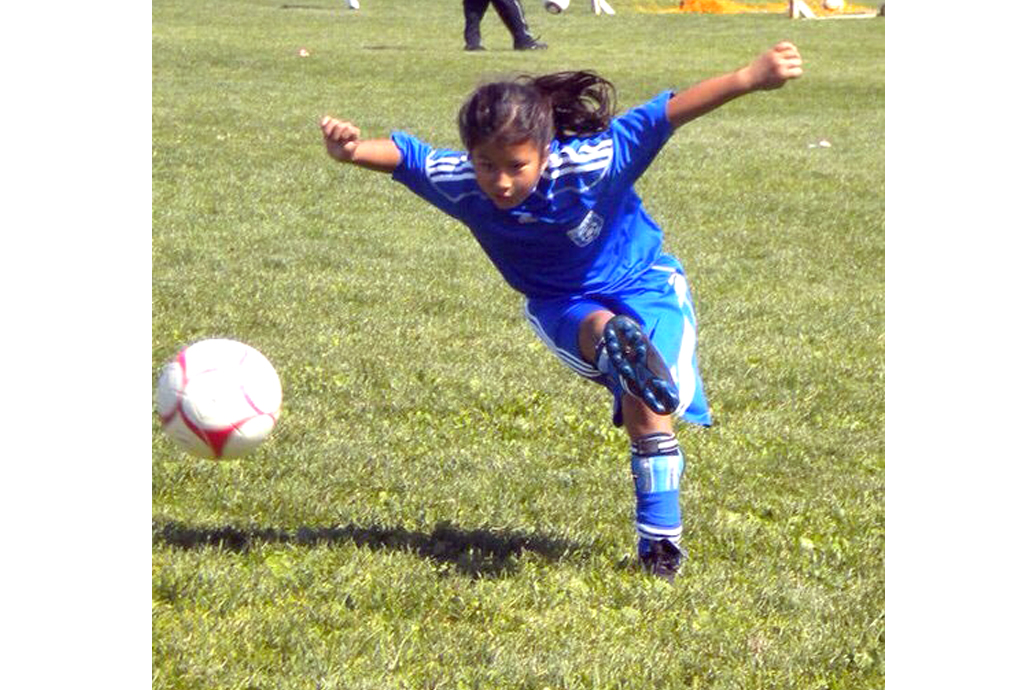
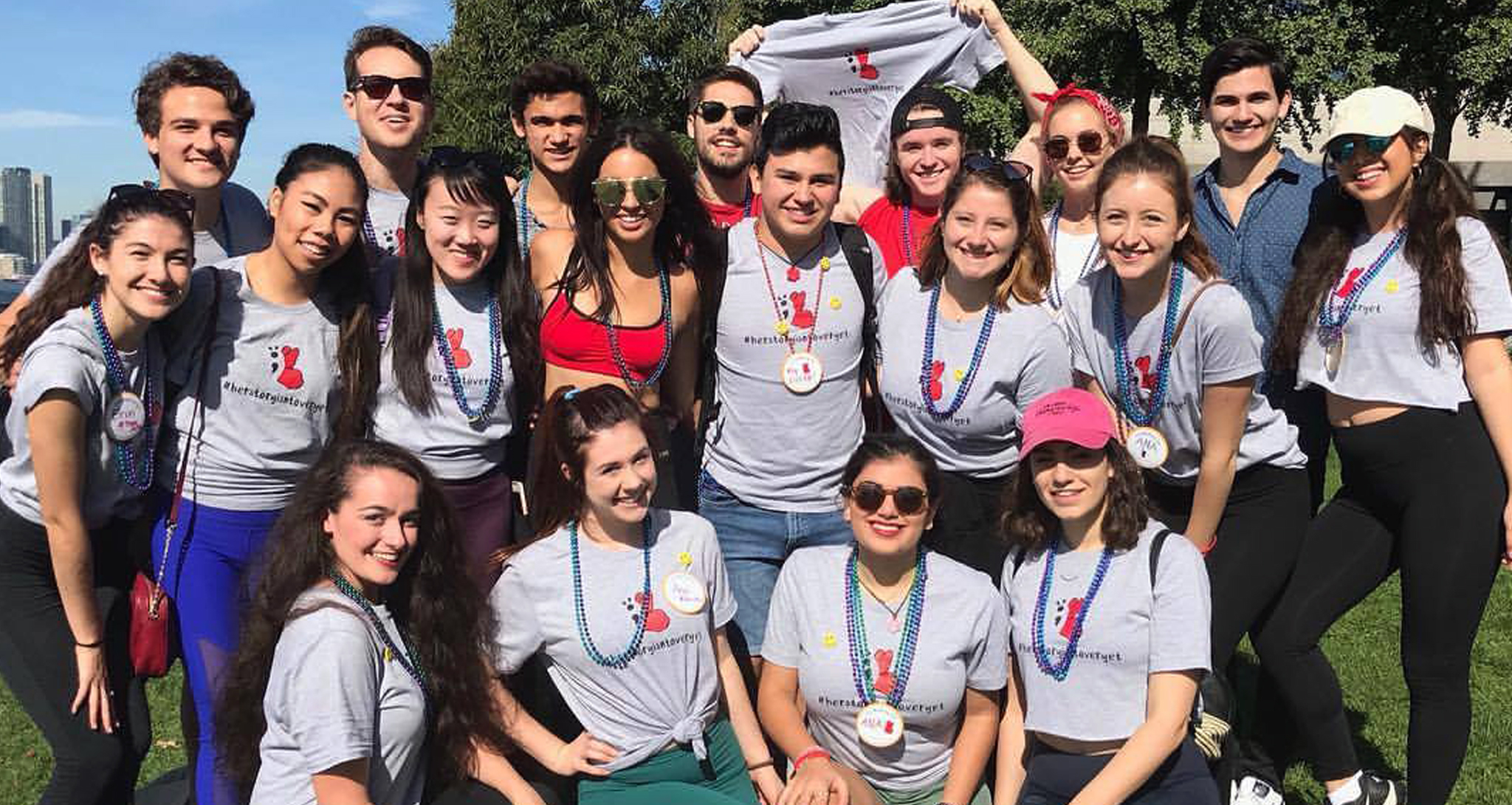
Today Toni reads extensively, trying to understand why mental health issues affect some and not others, why mental health medications help some and not others, why some people kill themselves. “I’m chronically obsessed [with the subject],” she says.
Still, one of the things that’s glaringly obvious to Toni as she pores through articles, is how much the medical establishment still doesn’t know. She hopes that with continued research, some of the whys will become clearer.
In the meantime, Toni, Allen, and Leo have become advocates for suicide prevention. “Right after [Ana] died, we just started doing as much as we could,” Toni says. Due to their advocacy, Toni, Leo, and the Minnetonka High School theatre department raised $8,000 for the American Foundation for Suicide Prevention (AFSP) in 2016; they’ve continued their fundraising efforts since.
On several occasions, the Plantes have also rallied family and friends to take part in AFSP walks, outfitting the group in t-shirts emblazoned with #herstoryisntoveryet. Toni also uses social media and public speaking to break mental health stigma.
“People don’t talk about mental health enough,” Toni says, recalling that the first time Ana tried to kill herself, the Plantes didn’t know how to tell people, unsure how others would react.
“And you know what? The people that did know, they didn’t know how to react,” she says. They didn’t know if they should send flowers, bring a meal, offer to help, or just ignore it. People don’t know what to do because they’re so afraid of it. So I urge people to do something. Talk about it. Be kind. If we can save a couple of lives, that’s all that really matters.”
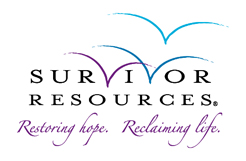
Survivor Resources offers support groups, crisis response, grief support, and other services for families of victims of homicide, suicide, accidental overdose, or violent deaths. It serves the greater Twin Cities metropolitan area.
Read on for a list of suicide prevention resources.
Hennepin County COPE provides mobile, 24/7/365 support for adults (18 and older) experiencing a mental health crisis. Add the COPE number to your contact list: 612-596-1223.
Hennepin County also has a mobile, 24/7/365 mental health crisis support for children (17 and younger). The number for Hennepin County Child Crisis is 612-348-2233.
Anywhere in Minnesota round-the-clock, seven days a week, people contemplating suicide or experiencing a mental health crisis can text MN to 741741 to connect to a trained counselor.
In the Twin Cities metro area, call **CRISIS (274747) from a cell phone to talk to a team of professionals who can help you.
Outside of the Twin Cities, see the directory for mental health crisis phone numbers in Minnesota by county.
Call the National Suicide Prevention Lifeline for free, confidential support 24 hours a day at 1-800-273-TALK (8255).
Written by: Lori Imsdahl